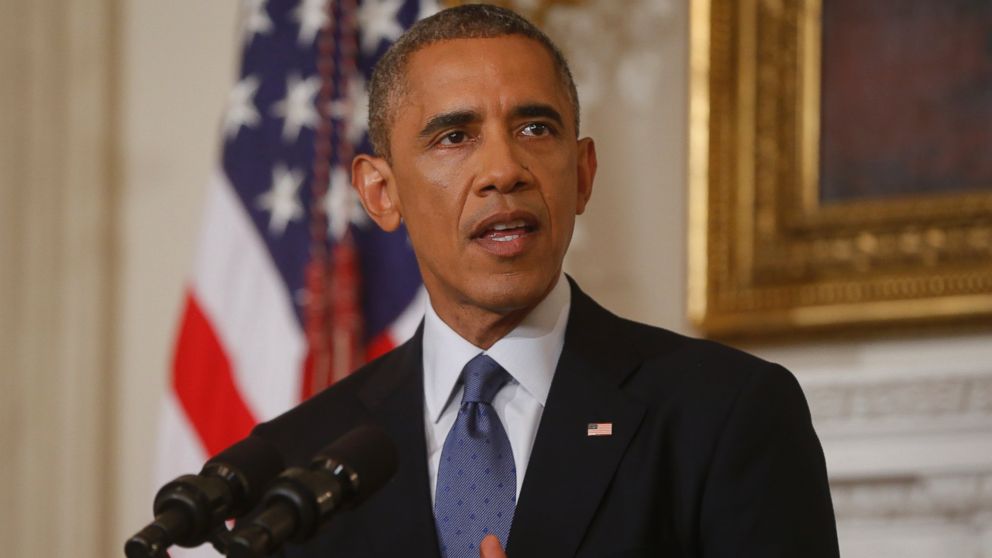By karoli
Anonymous published a list of demands in response to the police shooting of Michael Brown in Ferguson, Missouri.
Anonymous has stepped into the Ferguson, Missouri police shooting of a young unarmed black man and they have done so with firm resolve.
In their video above, they demand that elected representatives for
that area introduce legislation defining clear standards of conduct for
police in situations like the one that resulted in the shooting of Mike
Brown Saturday.
They further state that if this demand isn't met, they will hack into
police department databases and publish confidential data they obtain.
Whether one agrees or disagrees with Anonymous' operating tactics, what they're asking for is not outrageous. There is
a point where a line in the sand is needed, and where everyone should
stop pretending the police are always right and the people are always
wrong. That right/wrong view seems to be the one that prevails when
black or brown people are the ones protesting in the street.
That kid lay in the street for hours while they beefed up their
militarized presence in Ferguson, as if to invite violence. I'm not sure
I'm buying the "official account" of how Brown came to be shot eight
times, either. If he allegedly attacked the cop sitting in the car, how
did he come to fall 35 feet away while the cop never got out of the car?
As a writer, it's difficult to balance a desire not to slam police,
who have a difficult and demanding job against sympathy for an unarmed
kid dead in the street. In some cases, criticism just lives in the
situation. This is one of those times.
Ferguson's elected officials should take Anonymous' demands seriously.
(As a side note, Twitter killed the #OpFerguson hashtag and
suspended the @OpFerguson account. I'm sure glad they believe in free
speech. I guess for them that's only for conservatives.)
On Thursday, Rep. Paul Ryan (R-WI) released his much-anticipated proposal for reforming the way the federal government tries to alleviate poverty. The core part of his proposal, the Opportunity Grant, would give participating states a lump sum of money rather than funding virtually all the current anti-poverty programs. And states would be instructed to hand that money down to community groups that work with poor people, because, as Ryan writes, “They are more effective than distant federal bureaucracies” and have “intimate knowledge of the people they serve—as well as their ability to take the long view.”
The underlying thesis is that those who are closest to actual poor people will be best able to figure out how to help them. But Ryan fails to take this idea to its end conclusion: that poor people themselves, being the closest to their own situations, are the most knowledgable about what they need to improve their lives. Instead, his proposal calls for low-income people to meet with providers to create a “customized life plan,” a contract that includes goals and benchmarks, as well as penalties for missing any steps.In describing what this would look like, Ryan outlines the minimum requirements:Also: what Greg Sargent says.
• A contract outlining specific and measurable benchmarks for successThere would be bonuses for people who meet their goals ahead of time, such as finding a job before the time allotted, although the bonus wouldn’t likely come in the form of cash but in something like a savings bond. But if they miss those goals — say, in the current American economy where there are more than two job seekers for every opening, they struggle to find a job in that time period — the poor person would face consequences, “most likely immediate sanctions and a reduction in benefits,” Ryan writes.
• A timeline for meeting these benchmarks
• Sanctions for breaking the terms of the contract
• Incentives for exceeding the terms of the contract
• Time limits for remaining on cash assistance
An entirely different approach would take out the middle man of the providers and let poor people decide for themselves how best to improve their lives. This could be done by simply giving money, without strings attached, to the poor. While it may sound radical, there have been experiments that have done just this and found positive results.
![Tech 'consultant' Kendall High [youtube]](http://www.rawstory.com/rs/wp-content/uploads/2014/08/Tech-consultant-Kendall-High-youtube.jpg)










